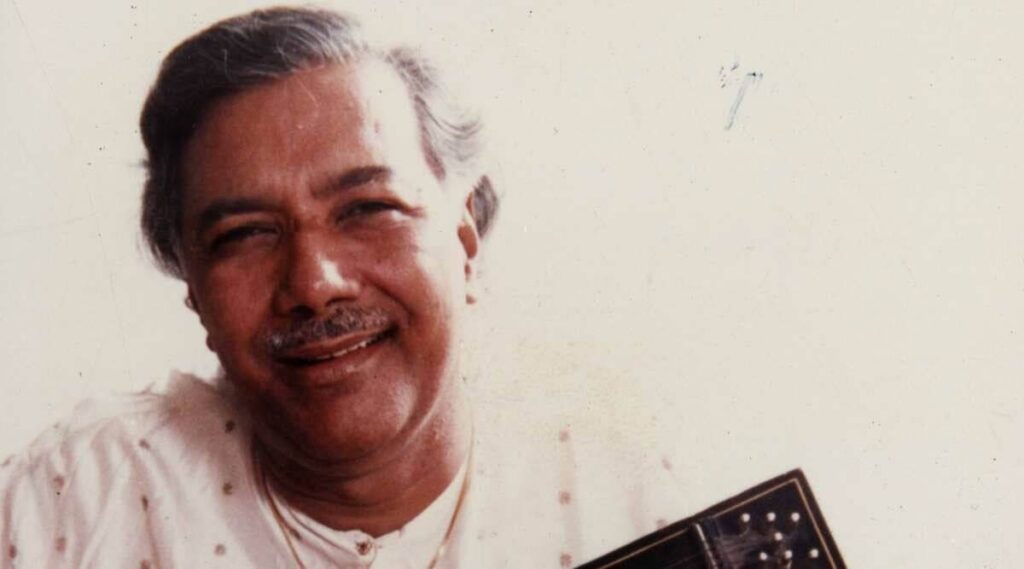UTTAR PRADESH:
Lucknow:
Uttar Pradesh’s highest honour Yash Bharti award was given to 46 personalities on Monday. Among them, nine Muslims were conferred the award by Chief Minister Akhilesh Yadav in presence of Mulayam Singh Yadav. The award is given annually by Culture Department of UP government.
Yash Bharti comes with a cash prize of Rs 11 lakh, citation and a shawl. The awardees are also eligible for a monthly pension of Rs 50,000 for their life.
Yash Bharti award were constituted in 1994 by the then CM Mulayam Singh Yadav but were discontinued between 2007 and 2012 by Mayawati. It has since been revived by CM Akhilesh Yadav.
1. Ustad Ghulam Mustafa Khan
Classical singing
Born- 3 march 1931, Badaun
Belong to Rampur Sahaswa Gharana in classical singing. Conferred honorary citizenship of Baltimore and Maryland in 1986. Padamshri in 1991, Sangeet Natak Academy Award in 2003, Padam Bhushan in 2006 and Rashtriya Tansen Award in 2008.
2. Professor Irfan Habib
Historian
Born-12, August 1931 in Baroda.
D.Phil from Oxford
Chairman, Indian Council of Historical Research 1987-93, 1993-96. Jawaharlal Nehru Fellowship in 1968-70, D.Lit from BHU (2008), Vishwa Bharti (2008), Kalyani Vishwavidyalaya (2009), North Bengal University (1990) and Ravindra Bharti University (1989). Padam Shree in 2005.
3. Dr Nahid Abedi
Sanskrit literature and philoshophy
Born—12 February 1961, Mirzapur
D. Lit from Lucknow University in 2009. Padam Shree awardee.
Several books and papers published in Sanskrit.
4. Iqbal Ahmed Siddiqui
Ghazal singer
Born—November 9, Allahabad
Performed at All India Radio and Doordarshan. Released 17 cassettes. Sang one song in film Rama O Rama.
5. Anwar Jalalpuri
Urdu poetry and writing
Born—6 July 1947
Several awards on Urdu poetry like UP Gaurav Samman, Mati Ratan Samman, Iftikhar-e-Meer Samman etc.
6. Dr Nawaz Deobandi
Poet and educationist
Born—16 July 1956, Saharanpur
Chairman, UP State Urdu Academy. Established Rafiqul Mulk Mulayam Singh Yadav Urdu IAS Study Center in Lucknow. Several awards like Kaifi Azmi award, Dushyant award, Rotary award etc.
7. Aleemullah Siddiqui
Artist
Born—10 June 1953, Lucknow
Artist using stem of wheat plant, painting on cloth etc. Acted in play Dilli Ka Akhirir Mushaira and Main Urdu Hoon.
8. Imran Khan alias Imran Pratapgarhi
Literature
Born—6 August 1987 Pratapgarh.
Internationally acclaimed poet and attended Mushairas in Oman, Bahrain, Dubai, Sharjah etc. Received Urdu Academy award in Saudi Arab, Red Cross Society Orissa’s Vishist Vidyarthi award and Sadbhavna award by Maharashtra Municipal Corporation.
9. Wazeer Ahmed Khan
Chess
Born—4 February 1947, Rampur
Participated in Chess National B competition in 1972, 1980, 1995, 1999, 2004 and 2008. UP Champion in 2004-2005. First prize in Asian Senior competition in Iran in 2015.
source: http://www.twocircles.net / TwoCircles.net / Home> Arts-Culture / by TCN Staff Reporter / March 22nd, 2016









